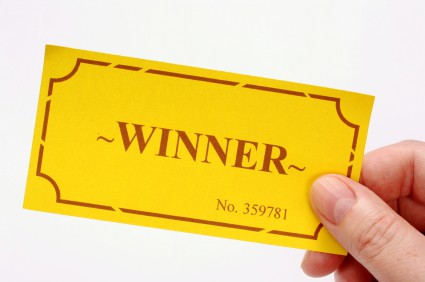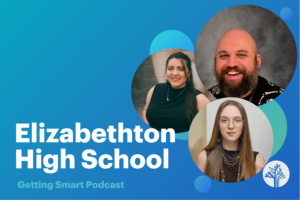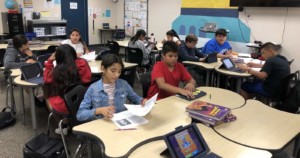Prizes to Promote Learning

Inducement prizes are routinely used to promote private and public benefit. Awards recognize prior achievement while prizes induce future actions. Grants sponsor identified work by a named beneficiary while prizes have the potential to mobilize an army of experts to work on a problem–and they only get paid if they achieve the goal.
There are no silver bullets in education but targeted incentives for innovation, like the Hewlett-sponsored essay scoring competitions last year, can mobilize talent and resources to improve access and quality. Prizes could be used to boost literacy, middle grade math achievement, language acquisition. Prizes could be used to analyze big data sets and produce useful algorithms.
While not an exhaustive list, there are four types of prizes that could prove to be useful in education. An example is provided in each category.
Design Prizes: small prizes could be used to incentivize innovative designs for new schools, new school facilities, or new systems of education.
-
Example: $100,000 prize purse for innovative network design (see recent post on networks) with chance for follow on investment.
Intervention Challenges: products, services, and strategies could be tested in comparable short cycle trails.
-
Example: A prize purse of $1 million could be awarded to the best math interventions with a minimum threshold of one year gain (on average) during a six week summer school.
Data Competitions: inviting data scientists globally to work on well defined problems.
-
Example: invite scientists to develop a useful predictive algorithm from the keystroke data of 1000 students.
City Competitions: invite districts, cities, or regions to compete on specific challenges over a specific period of time.
-
Example: $10 million purse for the city with the biggest gain in literacy of five year olds (or make it ELL or college-ready grads).
A successful prize draws attention to the problem/opportunity, mobilizes lots of resources, and solves the problem–or at least illustrates the path forward. Foundations should consider prizes as part of their change strategy.








0 Comments
Leave a Comment
Your email address will not be published. All fields are required.